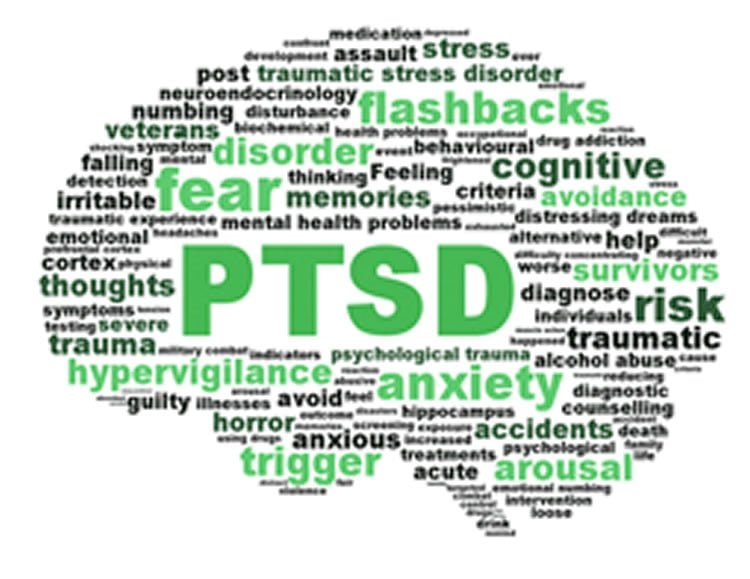Renewed medical interest in the use of psychedelic drugs for anxiety, post traumatic stress disorder (PTSD) and addiction has resulted in small research studies that show some success with the controlled use of these drugs, according to an analysis published in CMAJ (Canadian Medical Association Journal).
Psychedelic drugs are substances that have a strong effect on one’s “conscious experience,” such as lysergic acid diethylamide (LSD), psilocybin, found in “magic mushrooms,” dimethyltryptamine (DMT), mescaline and methylenedioxymethamphetamine (MDMA).
“The re-emerging paradigm of psychedelic medicine may open clinical doors and therapeutic doors long closed,” writes Dr. Evan Wood, Professor of Medicine and Canada Research Chair, University of British Columbia, Vancouver, BC, and coauthors.

One small randomized controlled trial indicates that LSD-assisted psychotherapy might help reduce anxiety from terminal illness. Another small study, in which the active molecule in “magic mushrooms” was used as part of therapy for alcohol addiction, shows a significant reduction in the number of days alcohol was used as well as in the amount. A small US study of the drug MDMA shows a reduction in PTSD symptoms in people with chronic, treatment-resistant PTSD.
“Continued medical research and scientific inquiry into psychedelic drugs may offer new ways to treat mental illness and addiction in patients who do not benefit from currently available treatments,” write the authors.
Learnings from research conducted in the 1950s and 1960s, in which there were challenges to conducting studies and ethical breaches, is helping inform current research in the field.
“Although methodological and political challenges remain to some degree, recent clinical studies have shown that studies on psychedelics as therapeutic agents can conform to the rigorous scientific, ethical and safety standards expected of contemporary medical research,” the authors write.
Canadian researchers are leading studies that are looking at psychedelic drugs as treatment for addiction and PTSD.
The authors emphasize that the studies included in their analysis are small and the results preliminary; further research is needed to determine if there is widespread clinical application.
Source: Kim Barnhardt – CMAJ
Image Source: The image is in the public domain
Original Research: Abstract for “Psychedelic medicine: a re-emerging therapeutic paradigm” by Kenneth W. Tupper, Evan Wood, Richard Yensen, and Matthew W. Johnson Canadian Medical Association Journal. Published online September 8 2015 doi:10.1503/cmaj.141124
*Please note that an advanced preview of the abstract is not yet available*







